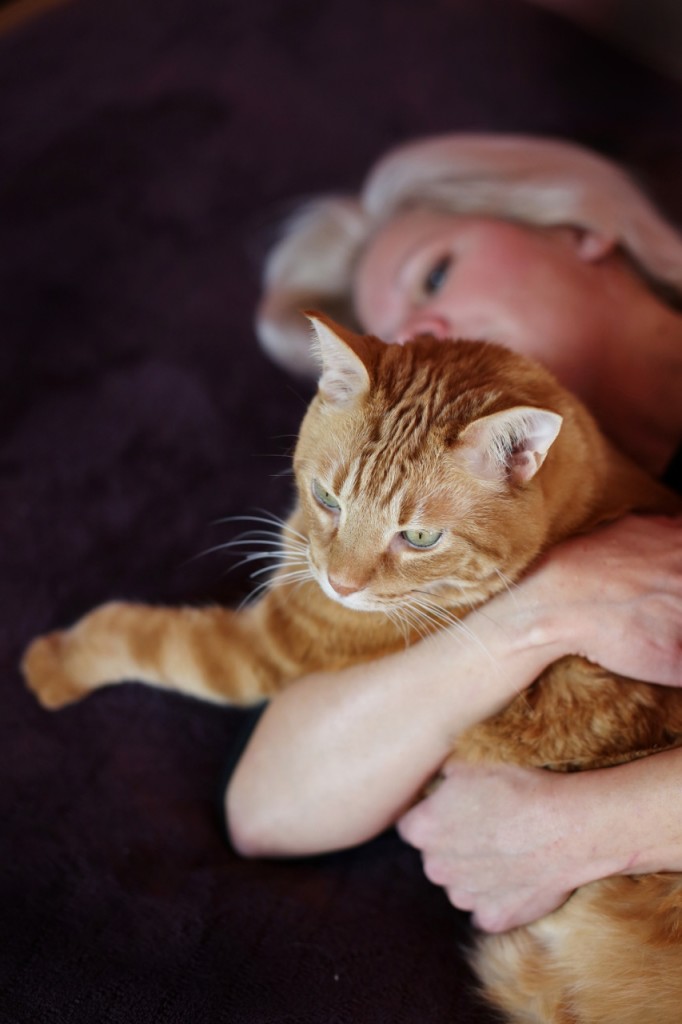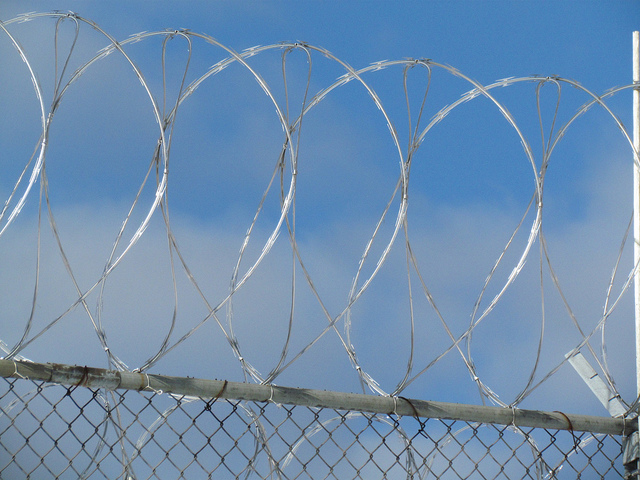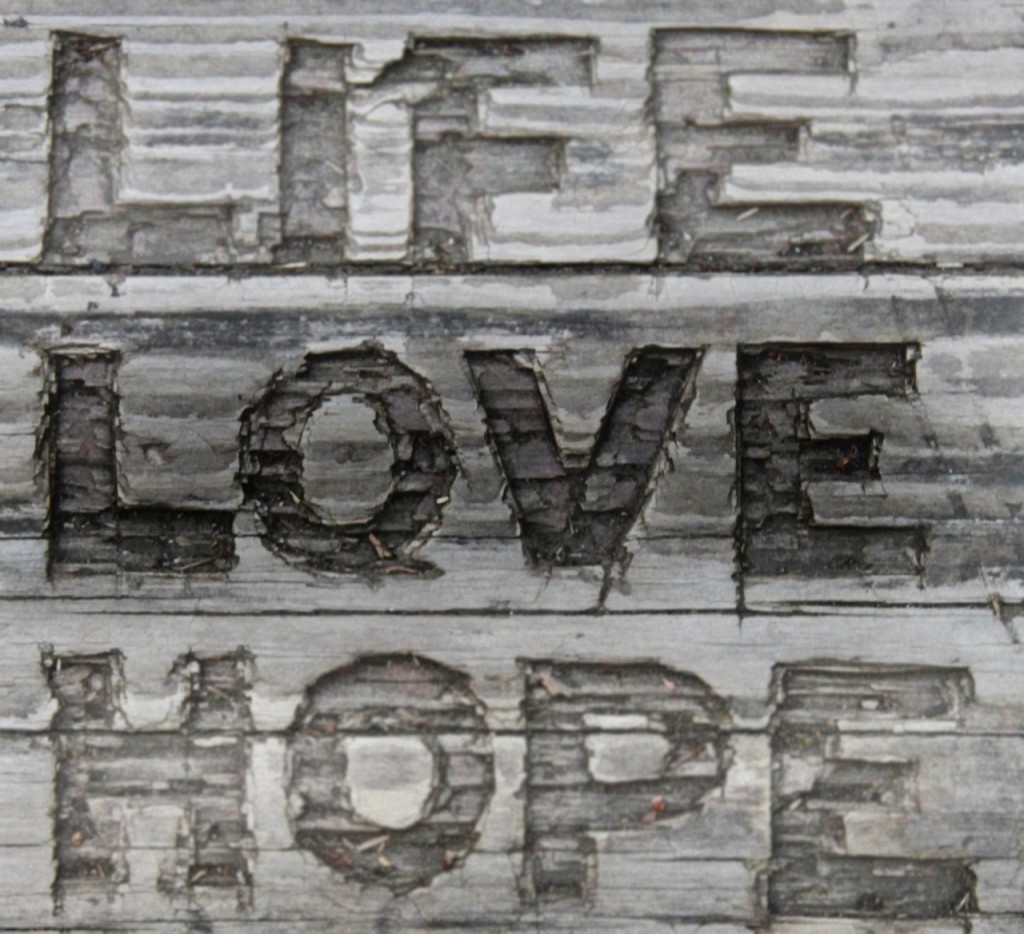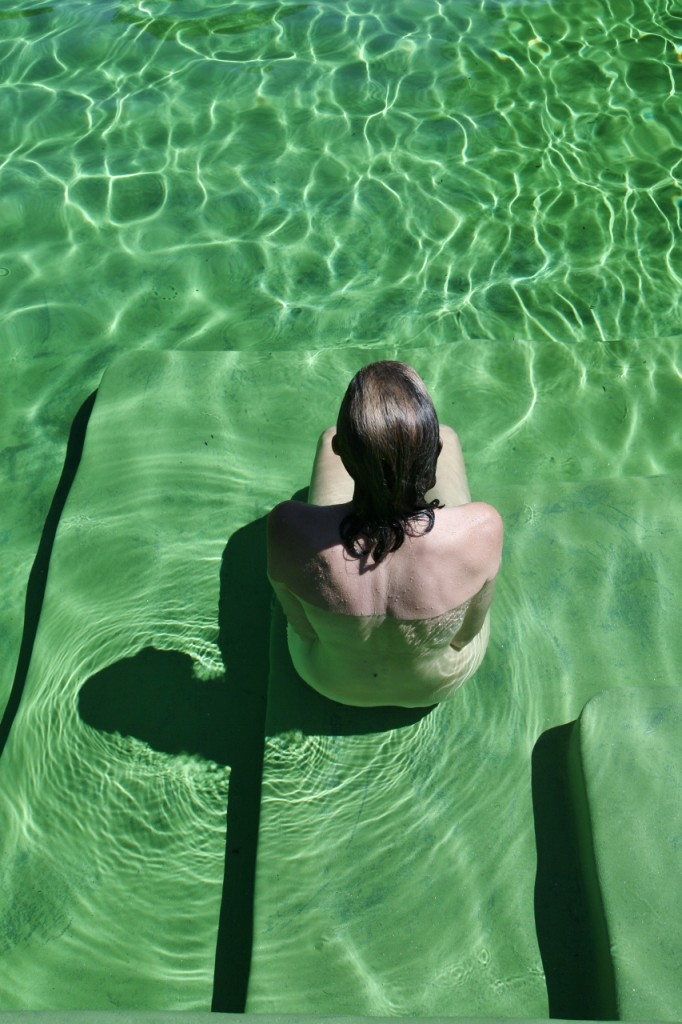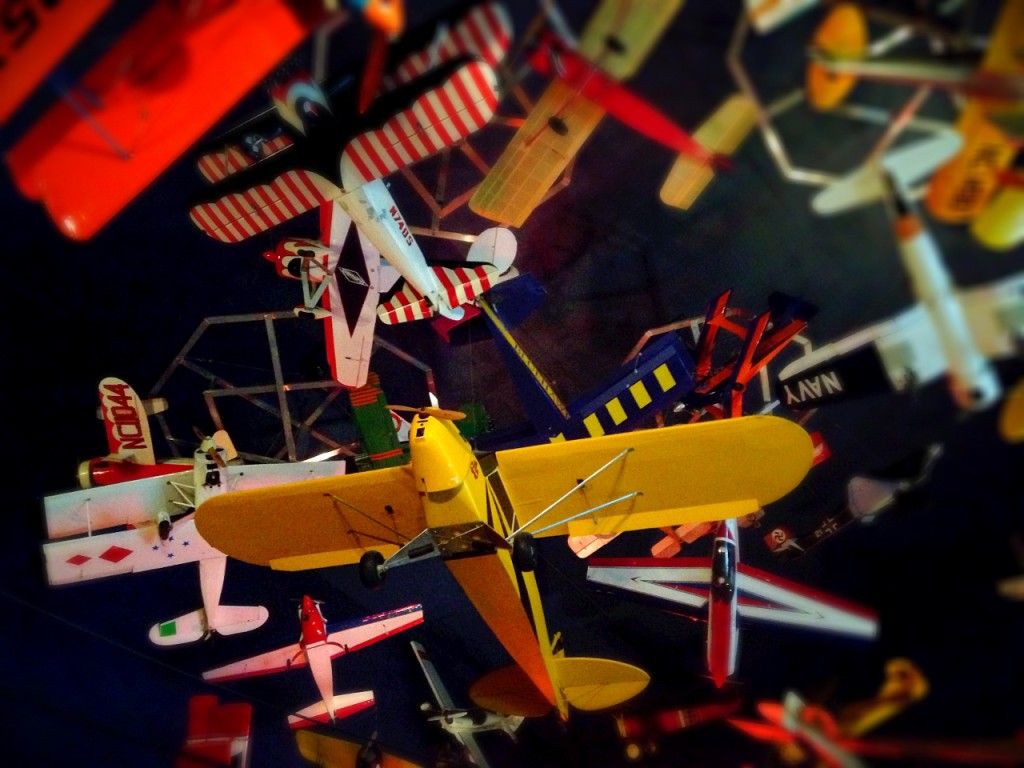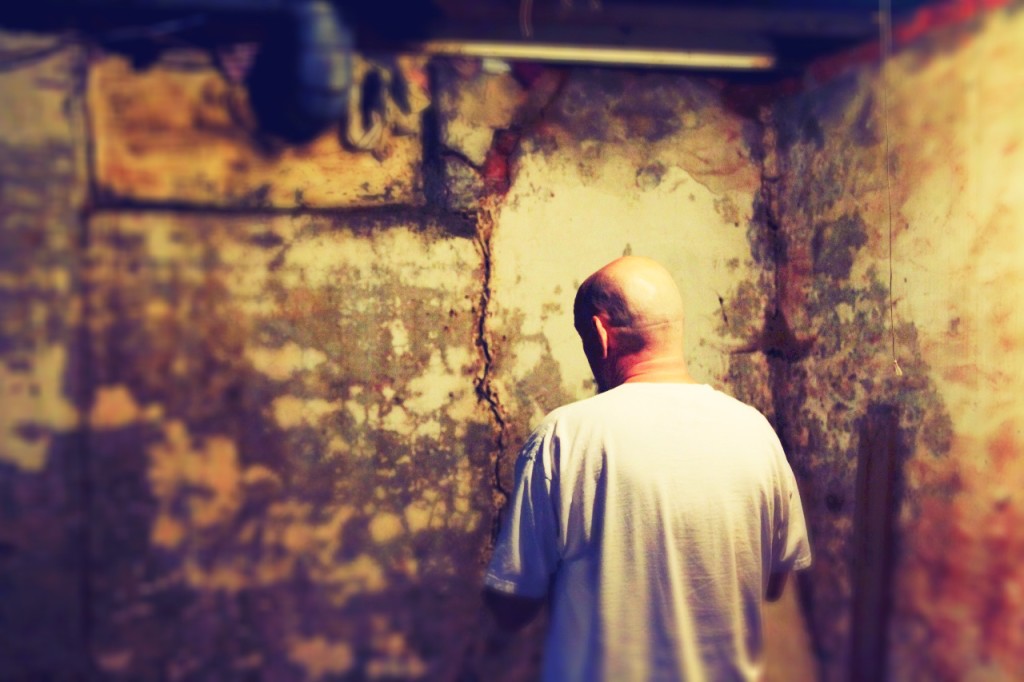
By Stephanie Rosenfeld
“You would have hated me if you’d known me back then,” my husband would say, telling me stories of his drug-using days, and I’d agree: You’re lucky I didn’t meet that guy—I wouldn’t have looked at him twice.
But that wasn’t the guy I’d met. Luciano’s past was behind him: He was five years clean and proud of his sobriety. Like many former drug users, he was working in the field of substance-use and addiction, using his experiences to help people. He was magnetic and funny and interesting and full of life. We fell in love, became a couple, then a family. We’d sit at the dinner table, planning our future together. We’d both suffered setbacks in our pasts and failed to jump onto conventional paths, but together, we were going to create something good. We were counting on being late-bloomers.
Over time, though, our marriage began to fray, as Luciano’s undiagnosed, then misdiagnosed bi-polar disorder got worse, exacerbated by the international travel that had become a bigger part of his job. Our life together became a cycle of stressful overseas phone calls, resentful homecomings, deferred fixes. Still, at the end of every day, we’d sit down over dinner and talk about art, and writing, and drug policy, and sexual politics, and stupid things people did that pissed us off, and our cats, and TV shows, and a hundred other things. Even on the worst days, we could make our way back to each other this way.
Finally, though, things reached the breaking point, and we decided: Our marriage was important to us and we needed to find a way to save it. We made a plan to figure out how we were going to do that, as soon as he came home from an extended work trip to Thailand.
When he returned, though, something wasn’t right. One day, sitting across from him at the dinner table, I noticed that his tongue was twisting upside down in his mouth when he talked. Also, his mood was strangely amped up, but without the usual underlay of good spirits. There’d been other signs, too: While he was in Thailand, I’d started to notice that his emails were being sent at odd times of day—three-thirty, four, five in the morning, his time. On the phone, small things would trigger a full-blown rage—he’d end up bellowing and ranting, hanging up, calling back, hanging up again. And when he did return, the jet lag this time seemed intractable; after a week home, he was still sleeping till three or four in the afternoon.
A dedicated observer of my husband’s micro-moods, I suspected it had something to do with substances—he was relying increasingly on a mix of prescribed sleep aids, anti-anxiety medication, and anti-depressants to cobble himself together, especially when he traveled. I questioned him about his dosages, asked if he’d taken anything over the counter, maybe done something recreationally—some weird street drug—in Thailand. My inquiries were met with a blast-furnace rage and an unprecedented physical assault—he threw a portable hard-drive across the room at me, hitting me in the head. Later, I rooted through his briefcase and found a meth pipe and a lighter—arrogantly just there, not even hidden—in the open inside pocket.
When I confronted him, he told me it was no big deal: He was only using meth occasionally. And besides, the danger of meth was over-hyped by the media. It was basically no different than Adderall—which he had a prescription for. He liked meth—it helped him work, made him focused, and gave him energy. Besides, his history had proven than he could kick any drug, so addiction wouldn’t be a problem.
I argued with him. It really didn’t seem like a good idea to me.
He argued back, then abruptly changed tacks. He’d stop doing it, if it really upset me so much. I was so relieved, I almost forgot to think about the fact that the decision to do such a risky thing, and to lie about it, was completely and bafflingly outside the bounds of the way we conducted our marriage. The old Luciano might have done that but not the guy I’d chosen to be with.
Still uneasy, I looked in his bag again the next day. I found a lighter in the same pocket I’d cleaned out the day before. I took it. The next day, there was another one. I confronted Luciano again. Why was he carrying around lighters if he wasn’t using meth? He erupted in rage. How dare I go through his bag?
I mounted a bigger search, found bags of meth in his bathroom, in coat pockets, in the little space in the wall next to the basement crawl space.
We played this cat-and-mouse game for about a month. My heart would break every time I found another stash. Each time I’d confront him, he’d alternately admit, deny, or downplay the problem.
“Yes, Stephanie! I’m addicted!” he’d roar one day; “No, I’m not addicted!” the next. “My only ‘problem’ with meth is that you don’t want me to do it!” he screamed at me, one day. Every day was going to be his last day using.
•••
I lived these days in a state of constant, adrenalized emergency. I spent my work hours poring over online articles and forums and videos about methamphetamine, researching rehabs and treatment models, trying to figure out at what point I was going to have to kick him out, looking at ads for one-bedroom rentals in our area, making up budgets for how we’d support two households till we got him through this emergency and he could move back home.
The friends who knew what was going on didn’t understand why I didn’t kick him out. But I didn’t experience the decision as simple. A hallmark of Luciano’s bipolar illness was that life for him was a constant string of emergencies, and I was acclimated to the dysfunction. Reacting to and compensating for Luciano’s emergencies had become like an endurance sport for me. Though I was furious at him, and terrified, in this crisis as in all the others, I’d be the strong, sane one, the one who’d hold things together until we figured out what to do.
The other reason I didn’t kick him out was, simply, that he lied. He lied long and hard and deep, and up one side and down the other, and every which way from Sunday; and it took me too long to understand that I didn’t have the right information and was making bad decisions because of that.
•••
I went to a few Al Anon meetings, but I didn’t like their one-size-fits-all message about “detaching.” I didn’t feel it applied to me; I wasn’t ready to give up on Luciano. We’d only just started down this road. We might possibly still turn back without too much damage.
I started going to Crystal Meth Anonymous meetings, instead. The people were nice to me there, thanked me for coming. They told me it was good to be reminded—in the form of my presence—of the cost of their actions, the collateral damage. Everyone told me how sorry they were—which alarmed me. One guy took me aside and said, “However bad it is now, six months from now, you’ll be looking back, thinking these were the good old days.” Uniformly, people said that going to jail was the only thing that forced them to stop using.
A month later, Luciano moved out so that he could do meth full-time, unharassed by me. By “moved out” I mean: One day, in the middle of a rage, he sprang from his yelling-chair, as I had named it, thundered down to his room and threw some clothes in a bag, grabbed his computer, and slammed out the door. Six hours later, he called to tell me he wasn’t coming home. When I asked where he was, he said he was staying at “a cheap motel in the neighborhood.” I actually spent hours, that night, walking the streets of our residential neighborhood in the dark, panicking and in tears, looking for a cheap motel or rooming house that I knew wasn’t there. The memory of that’s a little scary.
•••
The next year and a half unfolded just the way you hear about. Luciano lived across town in a seedy hotel—I didn’t know where. He stopped paying our joint bills and the mortgage, defaulted on his credit cards, ruined his eighty-five-year-old father’s credit, lost his health insurance, life insurance, car, job. He spent his retirement funds on meth. Ashamed, he stopped talking to our daughter. When I found out about the infidelity, boggling in scope—lots of sex with strangers, exchanged for money and drugs—it was just another item to put on the list.
•••
I have a blank spot in my brain where the “higher power” thing is supposed to go. Consciousness is my only god. I used to believe that by being strong and present and brave, using communication and the power of my own brain as my only tools, I could hold the people I love close to me, figure out how to fix anything; protect my family and make it last. Having a bi-polar mate definitely gave that belief a workout. The awesome force of a meth addiction did it in completely.
•••
Eventually, with the assurance to myself that I had done everything I could, everything I was willing to, I accepted the fact that I had no power to make things turn out differently, and I began to let go.
I spent eight hundred days alone, grieving, writing a new book. I took comfort in the company of my dog. I wondered if you could actually die from crying. I’d wake up every morning and go to the mirror to see if my hair had turned gray overnight.
The part that killed me the most was the empty space across from me at the dinner table each night. I’d cry as I ate, sometimes, feeling the magnitude of my loss, thinking I would never heal.
•••
When people who I haven’t seen in a while ask how I’m doing, I say, “It’s been a hard couple of years.” I tell them about my new book, what my daughter’s been up to. “We lost Luciano to meth use, unfortunately,” I say, to those who don’t know. If they look alarmed, I add, “He’s still alive. Just, not with us anymore.” To the people I can’t lie to, I say, “Actually, he’s living in my basement.”
In a culmination of his run of terrible decision-making, Luciano moved to Cambodia, where he finally reached the end: He was living on the streets, out of money; he’d pawned his phone and computer; lost everything but his passport and the clothes he was wearing. One of his few remaining friends bought him a ticket back to the States, where he landed penniless and homeless in Berkeley—scarier than the streets of Phnom Penh, he said—and decided he wanted to live. His father bought him a train ticket to New Jersey.
He asked if he could come home for a few days on the way. Just to see me.
Not home anymore, I told him. But I said yes.
It had been a year and a half since we’d seen each other. Among other things, meth had ended our marriage without discussion. My story of what had happened was this: He’d become a meth addict, and meth had destroyed our life together, and that was tragic and stupid. If he had any different way of telling it, I wanted to know.
When he arrived, it quickly became evident that he was completely out of his mind—ranting, raving, paranoid, psychotic. He wasn’t using meth, anymore, but it hardly mattered. He was in a hole so deep it was hard to imagine how he could possibly climb out. I listened to his delusional plan to live with his parents, stay clean, find work in the City—nothing under seventy-thousand, an executive directorship, he was thinking. I watched as he rummaged through the storage room for Plan B—his tent and sleeping bag—and I changed the terms of my offer. I told him he could stay in my basement for a month, two if he needed, that he could share my food, and—if it was what he wanted—I’d help him not to die.
He’s been here for over a year. I laid down conditions, helped him think through some steps. He reconnected with a generous ex-colleague who got him access to good free mental health care at the drug treatment center where Luciano used to send his clients. After many months of looking, he finally got a job: low-paying, part-time—he was ecstatic. With his first paycheck, he bought me an enormous TV to show his gratitude, carried it home on the bus—then carried it back when I told him maybe he wasn’t thinking completely clearly, yet.
Properly diagnosed and medicated for his bi-polar disease for the first time in his life, and under the care of two good mental healthcare practitioners, he’s a different person. Or else he’s himself—he says he’s not sure. It’s hard for both of us to think about the ways so many things might have been different, if he, if we, had figured it out sooner. With his brain recovering from the damage meth did to it, he can finally think clearly again. He hasn’t raged in over half a year. He is full of regret, and he admits that doing meth was a terrible decision; that meth is a terrible drug and that the damage he did to our family was devastating and real.
And probably lasting. We’re not what we once were, to each other. We’re not a couple, anymore—though we think we’re probably some kind of family.
One night, a few weeks after he came back, we cautiously sat down at the dinner table together again. It was hard at first, but it’s gotten easier, as we’ve worked through some of the most painful pieces. Sometimes, we even laugh. But without a future to plan for, the conversations aren’t like they used to be.
He says I saved his life, and it’s probably true. Crisis averted, it’s probably time, now, to save my own.
•••
STEPHANIE ROSENFELD lives in Salt Lake City, where she writes fiction and works as a non-profit grant writer. She is the author of a collection of short stories, What About the Love Part? and a novel, Massachusetts, California, Timbuktu. Stories of hers have appeared in The Massachusetts Review, Missouri Review, Bellingham Review, Northwest Review, Cream City Review, and Other Voices. She recently finished a young adult novel, and is currently at work on a graphic memoir, written in collaboration with her ex-husband, about the effect of his methamphetamine addiction on their family. You can read an excerpt on it here and more here.

 Follow
Follow
